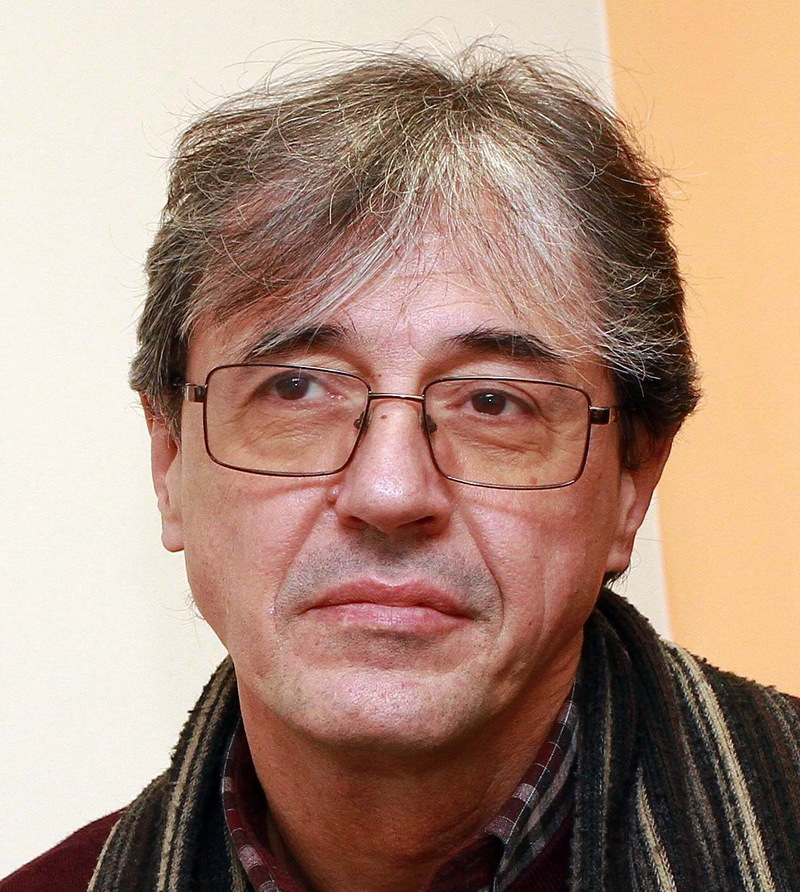European Elections 2019: New Cleavages?
-
ABSTRACT
The article examines the results of the European Parliament elections in Bul- garia in the general context of other European countries. It is argued that these are not key elections, but a symptom of a major change in the political attitudes of European citizens. In Bulgaria, the elections seem to confirm a new trend, beginning with the 2016 presidential election, of a political split not between the supporters of the two major parties but between those who voted for the winner and those who did not vote at all. The hypothesis is that a new political cleavage is emerging.
SUBJECT
